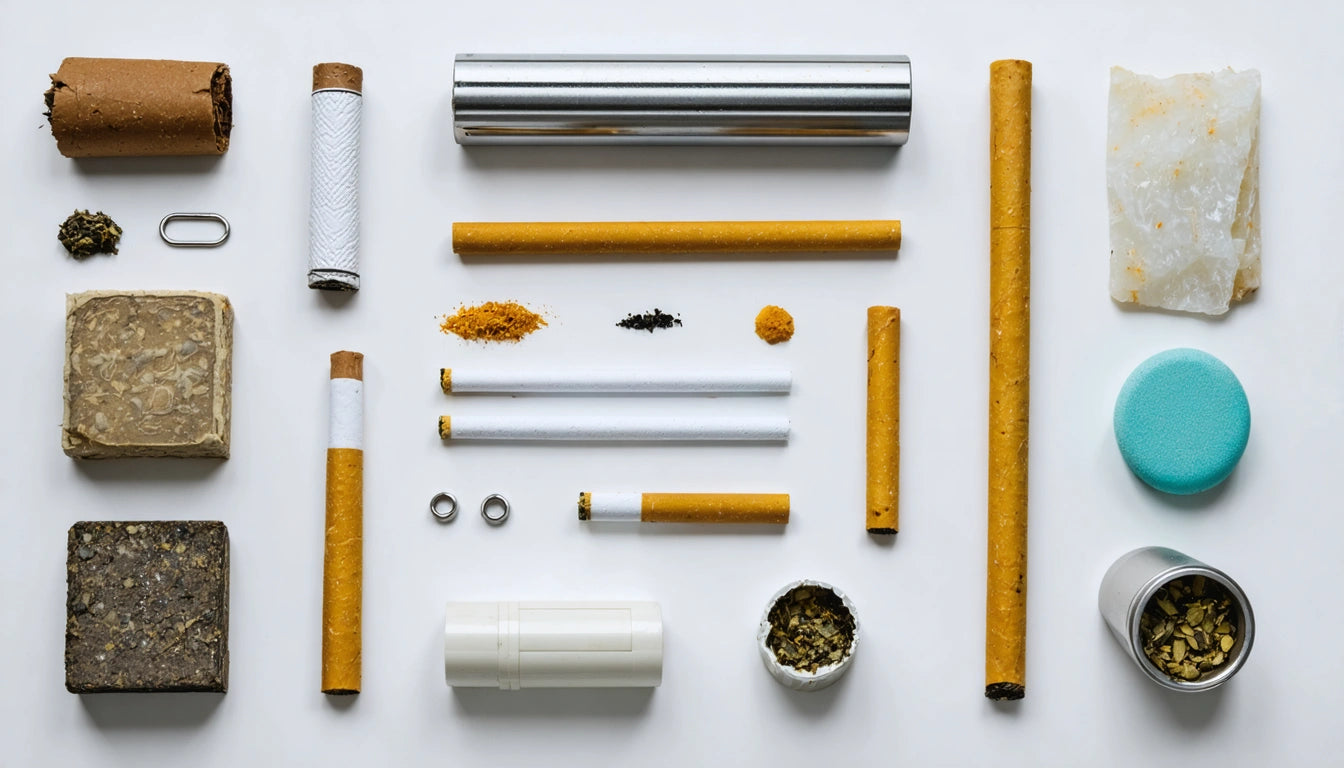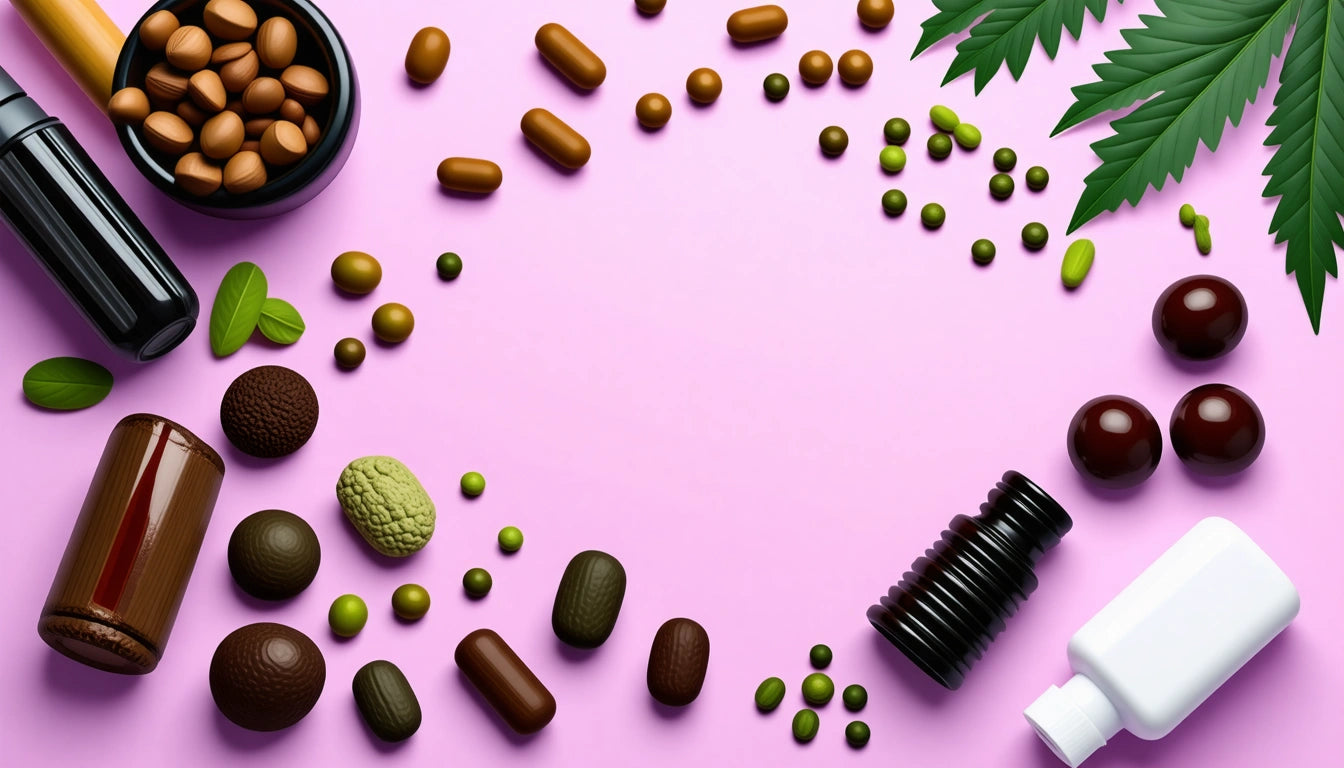Table of Contents
Mastering the Art of Rolling Leaf Wraps: A Step-by-Step Guide
Rolling a leaf wrap offers a natural alternative to traditional rolling papers, providing a unique smoking experience with enhanced flavor profiles. Whether you're working with Game Leaf, Grabba Leaf, or other natural leaf products, mastering how to roll a leaf wrap requires patience, practice, and proper technique. This comprehensive guide walks you through the process from preparation to the perfect finish.
Understanding Leaf Wraps: Types and Benefits
Leaf wraps come in various forms, with tobacco leaves being among the most popular. Game Leaf, Backwoods, and Grabba are common brands that offer pre-packaged natural leaf products. Compared to traditional rolling papers, leaf wraps burn slower and often enhance the flavor profile of your flower.
According to our comprehensive guide to rolling techniques, leaf wraps provide a more robust smoking experience and can hold significantly more material than standard papers or wraps.
Popular Leaf Wrap Options
- Game Leaf: Pre-packaged, often flavored tobacco leaves
- Grabba Leaf: Whole tobacco leaves requiring more preparation
- Fronto Leaf: Large tobacco leaves that can be cut to size
- Hemp Wraps: Natural alternative for those avoiding tobacco
Preparing Your Leaf: Hydration and Flexibility
Before learning how to roll a loose leaf, proper preparation is essential. Dried leaves are brittle and prone to cracking, making them difficult to work with.
Hydration Methods
To properly hydrate your leaf:
- Lightly mist the leaf with water using a spray bottle
- Gently massage the moisture into the leaf
- Allow it to sit for 1-2 minutes
- Blot excess moisture with a paper towel
For Game Leaf products, which come in a package, they're typically ready to use but may still benefit from slight hydration if they feel dry or brittle.
Grinding Your Flower: Consistency is Key
The consistency of your ground flower significantly impacts how well your leaf wrap will roll and smoke. As detailed in our guide for beginners, a medium grind works best for leaf wraps.
Grinding Tips
- Use a quality grinder for consistent results
- Avoid over-grinding, which can lead to a tight draw
- Remove any stems or seeds that could puncture the leaf
- For a smoother smoke, consider including a filter or tip
Rolling Technique: Step-by-Step Guide
Now that your leaf and flower are prepared, here's how to roll a leaf wrap:
Step 1: Flatten and Shape
Place your hydrated leaf on a flat surface and gently press it to remove any remaining creases or folds. For larger leaves like Fronto, you may need to cut them down to a manageable size.
Step 2: Add Your Ground Material
Distribute your ground flower evenly along the center of the leaf. For beginners learning how to roll a game leaf or similar product, start with a moderate amount to make rolling easier.
Step 3: Form the Initial Shape
Using your thumbs and index fingers, begin to shape the material into a cylinder while holding the leaf. This technique is similar to rolling a perfect blunt, but requires more delicate handling due to the leaf's natural texture.
Step 4: Tuck and Roll
Once your material is shaped, tuck the bottom edge of the leaf under the material and begin rolling upward. This is often the most challenging part when learning how to roll a leaf rello or similar product.
Step 5: Seal the Roll
Unlike rolling papers with adhesive, leaf wraps rely on moisture to seal. Lightly moisten the edge of the leaf with your tongue or a small amount of water on your finger, then press firmly to seal the wrap.
Step 6: Dry and Finish
Allow your rolled leaf to dry slightly before smoking. This helps ensure the seal holds and provides a more even burn.
Troubleshooting Common Issues When Rolling Leaf Wraps
Even experienced rollers encounter challenges when working with natural leaves. Here are solutions to common problems:
Leaf Tearing
If your leaf tears while rolling, it's likely too dry or you're applying too much pressure. Re-hydrate the leaf or use a new one, and practice gentler handling.
Difficulty Sealing
When the leaf won't seal properly, apply slightly more moisture to the edge and hold it sealed for a few extra seconds. For particularly stubborn leaves, a small amount of honey can act as a natural adhesive.
Uneven Burning
If your leaf wrap burns unevenly, it may be rolled too loosely or have air pockets. Practice achieving a consistent tightness throughout the roll, as explained in our creative rolling guide.
Storage Recommendations for Optimal Freshness
Proper storage is crucial for maintaining the quality of both your leaf wraps and your flower. For those who prepare multiple rolls in advance, consider these storage tips:
- Store in an airtight container to preserve freshness
- Keep away from direct sunlight to prevent degradation
- Maintain proper humidity levels (62-65% is ideal)
- Avoid extreme temperatures that can dry out your rolls
Learning how to roll a lil leaf or a full-sized wrap takes practice, but the results are worth the effort. With these techniques and troubleshooting tips, you'll be able to create perfect leaf wraps that burn slowly and evenly while enhancing the flavor of your flower.
For those looking to explore alternative rolling methods, check out our guide on creative rolling alternatives that can add variety to your smoking experience.











Leave a comment
All comments are moderated before being published.
This site is protected by hCaptcha and the hCaptcha Privacy Policy and Terms of Service apply.